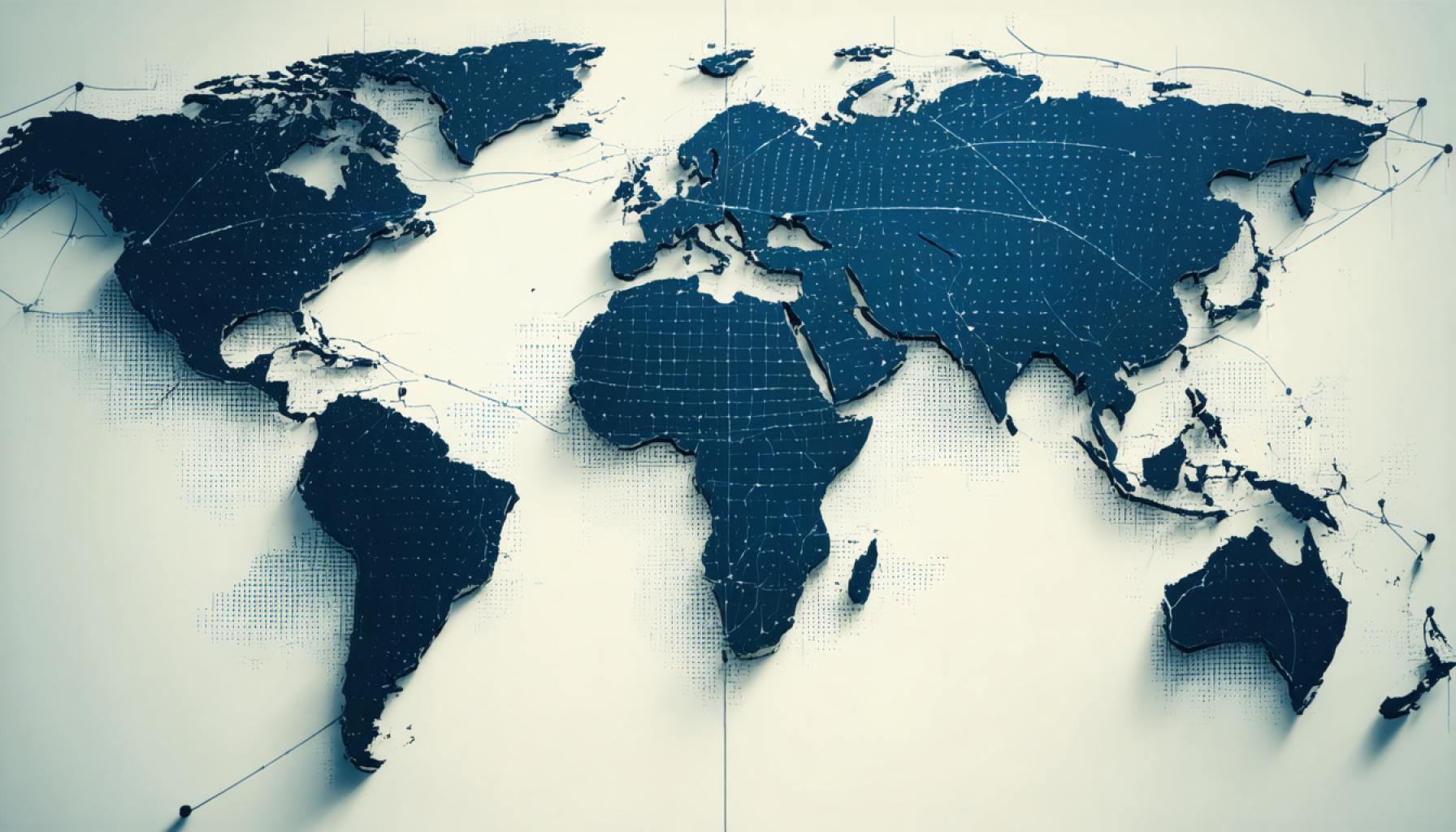- Romania faces international scrutiny with Andrew and Tristan Tate accused of human trafficking and money laundering.
- The Tate brothers, with dual US and British citizenship, are grounded in Romania amid these legal controversies.
- Romania’s Foreign Minister met informally with US envoy Richard Grenell to discuss the case, reflecting ongoing American interest without explicit demands.
- The Tate brothers symbolize debates over individual rights and diplomatic influences, intensified by their controversial social media presence and Elon Musk’s changes.
- The Munich Security Conference highlighted broader issues, including free speech concerns voiced by Vice President JD Vance.
- Romania’s political landscape is troubled by contentious elections and alleged foreign intervention, adding complexity to its diplomatic narrative.
- These events illustrate the intricate interplay between justice, diplomacy, and politics in a globally connected world.
The corridors of international diplomacy are echoing with hushed deliberations as Romania finds itself at the intersection of legal controversy and foreign scrutiny. In the eye of this storm are Andrew Tate and his brother Tristan, figures once famed in the kickboxing ring but now embroiled in accusations of human trafficking and money laundering. These brothers, who hold dual US and British citizenship, remain grounded in Romania due to the grave charges they face.
Amid these tangled alliances, Romania’s Foreign Minister, Emil Hurezeanu, recently crossed paths with Richard Grenell, the United States’ envoy. Their meeting, described as informal and amicable, occurred in a bustling hallway of the Munich Security Conference. It was here Grenell broached the topic of the Tate brothers with expected politeness, a gesture consistent with past American interests in the case, yet devoid of overt demands.
Notably, the Tate brothers have become emblematic of heated debates surrounding individual rights and diplomatic reach, especially as social media banishment became another dimension of their saga. While platforms had largely silenced them, some bans were lifted following new ownership under Elon Musk’s leadership, adding another twist to their public narrative.
Meanwhile, other geopolitical tensions simmer on the same stage. Vice President JD Vance recently voiced concerns over European governments’ alleged muzzling of free speech, stirring further debates in the conference’s sideline discussions. Adding to the intrigue is Romania’s own political maelstrom, marked by contested elections shadowed by accusations of external interference.
Amidst all these elements, one truth emerges vividly: in today’s interconnected world, the lines between justice, diplomacy, and politics are inextricably blurred, creating a narrative as complex as it is compelling.
The Untold Story of the Tate Brothers and Romanian Diplomacy
Controversies & Limitations
The case of Andrew and Tristan Tate takes center stage in a complex web of international legal scrutiny and diplomacy. Accused of human trafficking and money laundering, the Tate brothers have sparked a global conversation on the boundaries of justice and diplomacy. The controversy is further fueled by their dual US and British citizenship, complicating extradition and legal proceedings across borders.
Real-World Use Cases
The Tate brothers’ situation highlights the complexities facing dual nationals when accused of crimes in a foreign country. It underscores the importance of understanding international law and the legal protections afforded to citizens abroad. Individuals in similar dilemmas can see how the intertwining of diplomatic interests with legal rights can influence outcomes.
Security & Sustainability
From a security standpoint, this case emphasizes the need for robust legal frameworks and international cooperation to tackle crimes such as human trafficking more effectively. For countries like Romania, this case presents a sustainability challenge in managing its judicial independence while staying mindful of diplomatic relationships.
Market Forecasts & Industry Trends
Given their significant social media presence, the Tate brothers’ saga offers insights into the evolving landscape of digital media influence and content moderation. Their experiences reflect trends in social media governance and the influence of key figures like Elon Musk in reshaping platform policies.
How-To Steps & Life Hacks
Should you find yourself embroiled in an international legal issue, follow these steps:
1. Contact the embassy or consulate of your country for immediate legal assistance.
2. Seek local legal representation familiar with the host country’s judicial system and your home country’s international agreements.
3. Ensure open communication channels with family and friends for support and updates on legal proceedings.
Reviews & Comparisons
Comparing social media policies, platforms like Twitter and others vary in their handling of controversial figures. Under new ownership, Twitter’s approach to content moderation has shifted, reflecting broader debates on free speech versus misinformation.
Actionable Recommendations
1. Stay Informed: Keeping abreast of international news helps understand legal rights and diplomacy aspects.
2. Utilize Legal Aids: In foreign countries, access to the right legal aid is crucial.
3. Social Media Sensibility: Navigate the complex landscape of social media platforms with awareness of content policies and digital footprints.
Pros & Cons Overview
Pros:
– Provides insights into how diplomatic engagements can influence individual cases.
– Highlights the power dynamics between countries in legal proceedings.
Cons:
– Risk of perceived bias or interference in national judicial matters.
– The situation may exacerbate diplomatic tensions if not handled with care.
Insights & Predictions
The Tate brothers’ ongoing legal battle is a microcosm of the delicate balance between justice, media influence, and international diplomacy. It is anticipated that such cases will become increasingly common, driven by heightened global mobility and robust social networks.
Conclusion
In a globalized world, the intersection of law and diplomacy continually reshapes the narratives of justice. Staying informed and prepared is crucial for individuals and states navigating these challenging waters.
For more insights into international relations, visit the BBC or learn about social media dynamics with the Reuters.
